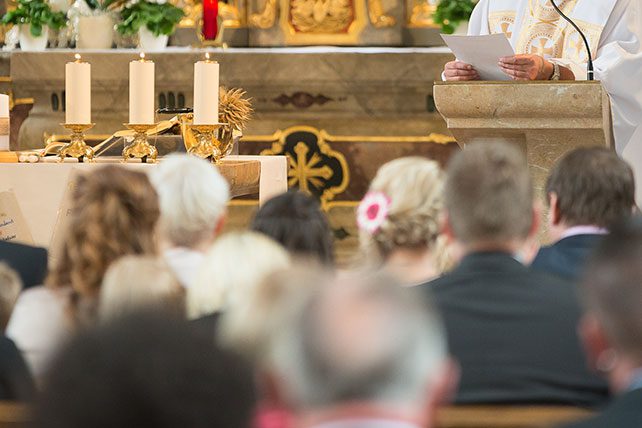The declaration “I and the Father are one” spoken by Jesus Christ in John 10:30 holds profound significance in Christian theology, affirming His divine nature and unity with God the Father. In this article, we will delve into the implications of this statement, its theological significance, and address frequently asked questions.
Through biblical insights and real-life examples, we will gain a deeper understanding of Jesus’ deity and the concept of the Trinity.
1. The Significance of the Statement:
The statement “I and the Father are one” signifies Jesus’ assertion of unity with God the Father, emphasizing their divine relationship. It reflects Jesus’ deity and equality with God, affirming His divine nature and authority.
2. Unity, Not Identity:
It’s crucial to understand that Jesus’ statement does not imply that He and the Father are the same person. Rather, they are united in purpose and essence, sharing a divine bond that transcends human comprehension. This unity underscores the inseparable relationship between Father and Son within the Trinity.
3. The Concept of the Trinity:
The verse “I and the Father are one” highlights the profound mystery of the Trinity—the belief that God exists as three persons in one essence: Father, Son, and Holy Spirit. While distinct in their roles, they share the same divine nature and are co-equal and co-eternal.
4. Spiritual Unity Among Believers:
Consider the concept of spiritual unity among believers as exemplified by Jesus’ statement. Just as Jesus and the Father are one, believers are called to unity with one another through their shared faith in Christ.
This unity transcends individual differences and denominational distinctions, reflecting the unity of purpose and essence modeled by the Father and the Son. By abiding in Christ and embracing His teachings, believers experience a profound spiritual bond that unites them as one body, the church.
5. The Concept of Divine Mission:
Another aspect to consider is the concept of divine mission embodied in Jesus’ declaration. Just as Jesus and the Father are united in purpose, believers are called to participate in God’s redemptive mission.
Through proclaiming the gospel, demonstrating love and compassion, and making disciples of all nations, believers fulfill their role in advancing God’s kingdom on earth. This shared mission reflects the unity of purpose and essence within the Trinity and underscores the collaborative nature of God’s work in the world.
RELATED: God’s Mission Has a Church: My Interview With Tabletalk Magazine
6. The Promise of Eternal Life:
Jesus’ statement not only affirms His deity but also offers the promise of eternal life to those who believe in Him. By acknowledging Jesus as the Son of God and embracing Him as Savior and Lord, believers are united with Him in a relationship that transcends the limitations of earthly existence.
This intimate union with Christ brings assurance of salvation and the hope of eternal life in His presence, where believers will experience the fullness of joy and communion with the Triune God for all eternity.




























